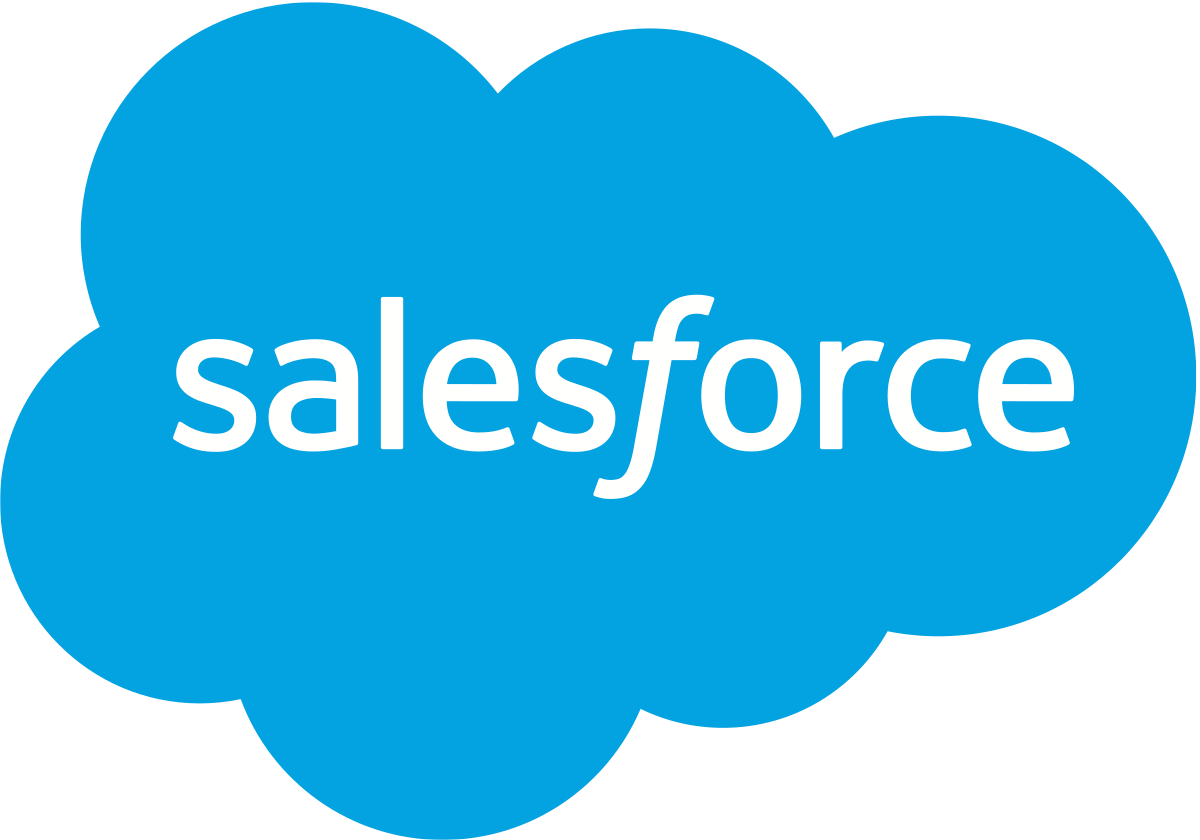SAN FRANCISCO — On its website, Salesforce.com touts retailer Camping World as a leading customer of its business software, highlighting its use of products to help sales staff move product. A Camping World executive is even quoted calling Salesforce’s software “magic.” But behind the scenes in recent weeks, the Silicon Valley tech giant has delivered a different message to gun-selling retailers such as Camping World: Stop selling military-style rifles, or stop using our software.

The pressure Salesforce is exerting on those retailers — barring them from using its technology to market products, manage customer service operations and fulfill orders — puts them in a difficult position. Camping World, for example, spends more than $1 million a year on Salesforce’s e-commerce software, according to one analyst estimate. Switching to another provider now could cost the company double that to migrate data, reconfigure systems and retrain employees.
The change in Salesforce’s acceptable-use policy shows how a technology giant that is mostly unknown to the public is trying to influence what retailers in America sell and alter the dynamics of a charged social issue. While Salesforce is hardly a household name, it is a dominant provider of software and services that help businesses manage their customers. With roughly 40,000 employees and a market value of nearly $120 billion, it has become a behemoth in San Francisco. Its branded skyscraper also towers over the city as the tallest building and a major landmark.
But its decision to force its position on guns on retailers did not sit well with some industry advocates. These types of rules are “corporate-policy virtue signaling” and discriminate against gun owners, whose rights are protected by the Second Amendment, said Mark Oliva, public affairs director of the National Shooting Sports Foundation, a firearms trade group.
“It is a very chilling effect when a company as large as Salesforce puts out a policy like this,” Oliva said. “A policy like this is not surprising from a company based in that part of the country.”
Salesforce’s new policy bars customers that sell a range of firearms — including automatic and semiautomatic — from using its e-commerce technology. The policy also precludes customers from selling some firearm parts, such as “magazines capable of accepting more than 10 rounds” and “multi-burst trigger devices.”
The change affects “a small number of existing customers when their current contracts expire,” as well as all new customers, Salesforce spokeswoman Gina Sheibley said. She declined to name specific customers, but Camping World’s Gander Outdoor unit sells a variety of semiautomatic firearms and high-capacity magazines. Camping World executives didn’t respond to multiple requests for comment.
Gun sales have become a political flash point for retailers in the aftermath of shootings such as the one this month in Colorado. This year, Dick’s Sporting Goods said it would pull guns and ammunition off the shelves of 125 of its 720 stores, a move that the company acknowledged in a March securities filing led to “an accelerated decline” in its hunting business. Walmart ended the sales of military-style firearms in 2015, and last year it raised the minimum age for purchasing firearms and ammunition from 18 to 21.
Even companies that have no gun-related business are taking a stand. Levi Strauss & Co. pledged more than $1 million in September to support nonprofits and youth activists working to end gun violence. Two months later, Toms Shoes pledged $5 million to similar organizations.
When tech giants enter the broader debate, the consequences are magnified because of the critical services they provide behind the scenes to customers. Consumers often don’t realize they’re interacting with other companies when they place an item in their shopping cart or chat with a customer service representative. But Salesforce and other big tech companies wield significant influence because of that reliance on their software.
This type of activism has also led to criticism of tech companies overstepping their bounds. Facebook, Google and Twitter have all faced increased scrutiny of censorship of what they deem hate speech or dangerous individuals. Web-security provider Cloudflare faced criticism in 2017 that it denied free-speech rights after pulling its protection from a neo-Nazi website involved in organizing the white-supremacist rally in Charlottesville.
Salesforce’s new policy could prove controversial in conservative states, said Stifel Nicolaus analyst Tom Roderick, who provided the estimates of Camping World’s spending on the company’s e-commerce software. “Does this become a hot-button issue in states where people like their assault rifles?” Roderick said.
It’s not Salesforce’s first experience with social activism. The company also provides technology that helps power the U.S. Customs and Border Protection agency’s border activities and agent recruiting, something that drew increasing scrutiny as the agency implemented Trump administration policies that included separating families at the U.S.-Mexico border. Last summer, roughly 650 Salesforce employees signed a letter to co-chief executive Marc Benioff raising concerns about the agency’s use of its products, first reported by Bloomberg News.
The company hired an executive in December to run its new Office of Ethical and Humane Use to guide development and sales of its products. It’s unclear whether the new executive helped develop the firearm policy.
Benioff has been among the most outspoken CEOs regarding social and political issues, including a tweet last year a day after the mass shooting at a high school in Parkland, Fla., left 17 people dead.
“The AR-15 is the most popular rifle in America. Ban it,” he wrote.
A month later, he pledged $1 million to March for Our Lives, a group pushing for gun-control legislation.
At the 2018 World Economic Forum in Davos, Switzerland, Benioff suggested social media companies such as Facebook should be regulated like Big Tobacco because of their similarly addictive natures.
He also publicly campaigned against a controversial Indiana law, the Religious Freedom Restoration Act, in 2015, arguing it could lead to discrimination based on sexual orientation or gender identity. Salesforce, which had 1,400 employees in Indianapolis at the time, threatened to “dramatically reduce” the company’s investments in the state, before the legislature eventually amended the law.
Benioff declined to comment on the company’s new policy regarding gun sales.
Salesforce isn’t the only provider of e-commerce software to take a stand on gun sales. Shopify, which powers over 800,000 online shopping sites, also amended its acceptable-use policy last year to bar customers from using its technology to sell weapons such as automatic and semiautomatic firearms.
Does your company use Salesforce or had a similar experience of a blank or big tech discriminating against your business? Share your experience in the comment section.
Sign up for K-Var’s weekly newsletter and discounts here.

This is tantamount to the same kind of discrimination as the baker that refused service to the gay couple. As long as the law does not prohibit the sale, the vendor should not make policy. Military STYLE does not make a firearm any more dangerous than any other gun. The reason for the 2nd Amendment is to provide the people with a means of self defense, even if that is against a tyrannical government. With todays military weapons, the only chance the people would have is sheer numbers. The anti-gun movement is NOT about stopping gun violence as much as it is to reduce the chance of revolt to government oppression. How many of their “solutions” target criminals? All I see is ideas that infringe on the rights of the law abiding. People who obey the law are not the problem.
Where is the conservative company to step on and make the millions of dollars serving gun friendly companies and gun owners?
I wish I had the capital and expertise to open a company to compete with Shopify and sales force and Citibank credit cards. Literally millions of people and companies would choose a conservative branded company over a liberal one